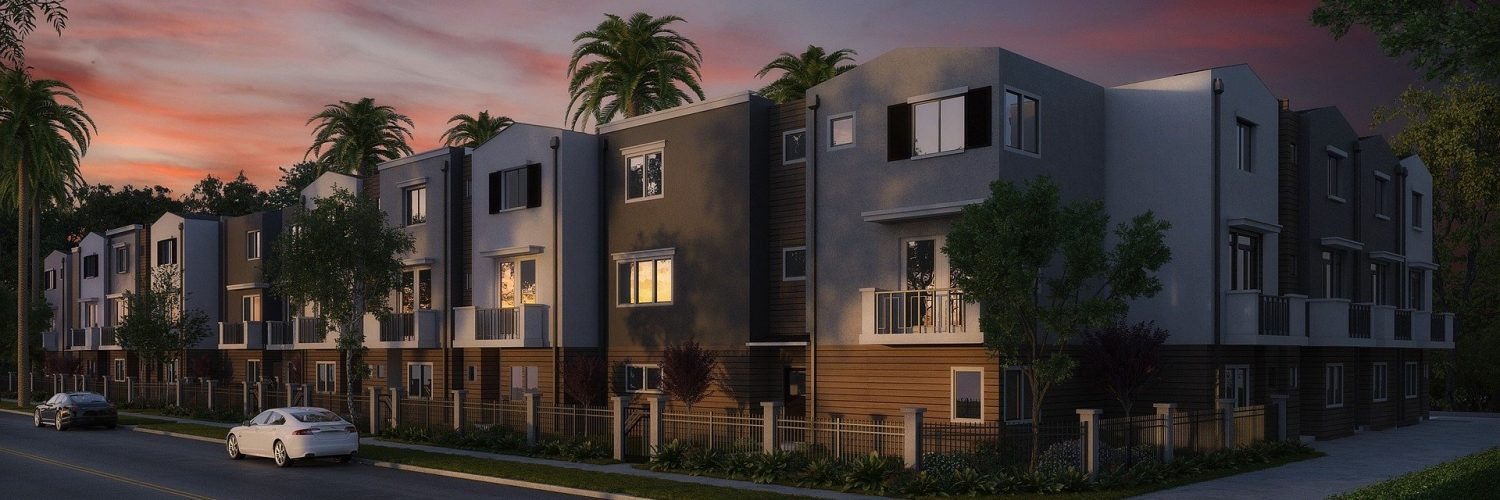One topic that does not get enough attention with regards to real estate investing is price point. When looking at property to buy, fix and flip, price point is an important aspect to give consideration to. While there are many other aspects that also deserve a lot of attention, such as proper valuation for your ARV, location, scope of work to be done and more, price point is more than just a product of the deal.
 When borrowing money for a real estate transaction you are paying interest. If you are borrowing hard money for fix and flip projects, the rates you are paying are likely going to be north of 12%. The more money you borrow, the more the cost will be. While that may seem obvious, many people overlook this aspect as many of the fix and flip loans out there include an interest reserve so you are not making these payments upfront and out of pocket. Even though you are not making these payments, the cost is still there.
When borrowing money for a real estate transaction you are paying interest. If you are borrowing hard money for fix and flip projects, the rates you are paying are likely going to be north of 12%. The more money you borrow, the more the cost will be. While that may seem obvious, many people overlook this aspect as many of the fix and flip loans out there include an interest reserve so you are not making these payments upfront and out of pocket. Even though you are not making these payments, the cost is still there.
To take this one step further, once your interest reserve runs out you will have to start making those payments out of pocket. On a $100,000 loan amount and 12% interest, you will be paying $1,000 per month for that money. On a $750,000 loan amount and 12% interest, your payment all of a sudden becomes $7500 per month. If you do not have a nice reserve account to fall back on to make these payments should something go wrong in the process and it takes you longer to sell the home than anticipated, you could find yourself in a default situation.
Along these same lines you need to think about your ability to sell the property quickly once the work is done. Entry level homes, typically speaking, are going to sell much more quickly than the higher end homes. This needs to be considered as part of the price point discussion as holding time is a very real component of what your total profit will be at the end of a transaction. While the higher end homes may sound more attractive due to the higher dollars involved, they are not always the best way to go.
When deciding on a price point, keep these two aspects in mind. If you are borrowing all or most of the money for your transaction and you have little or no cash reserves for overruns or delays, it may be a good idea to stay with the entry level market. After all, it’s better to hit a bunch of singles rather than strike out trying to hit a home run!
